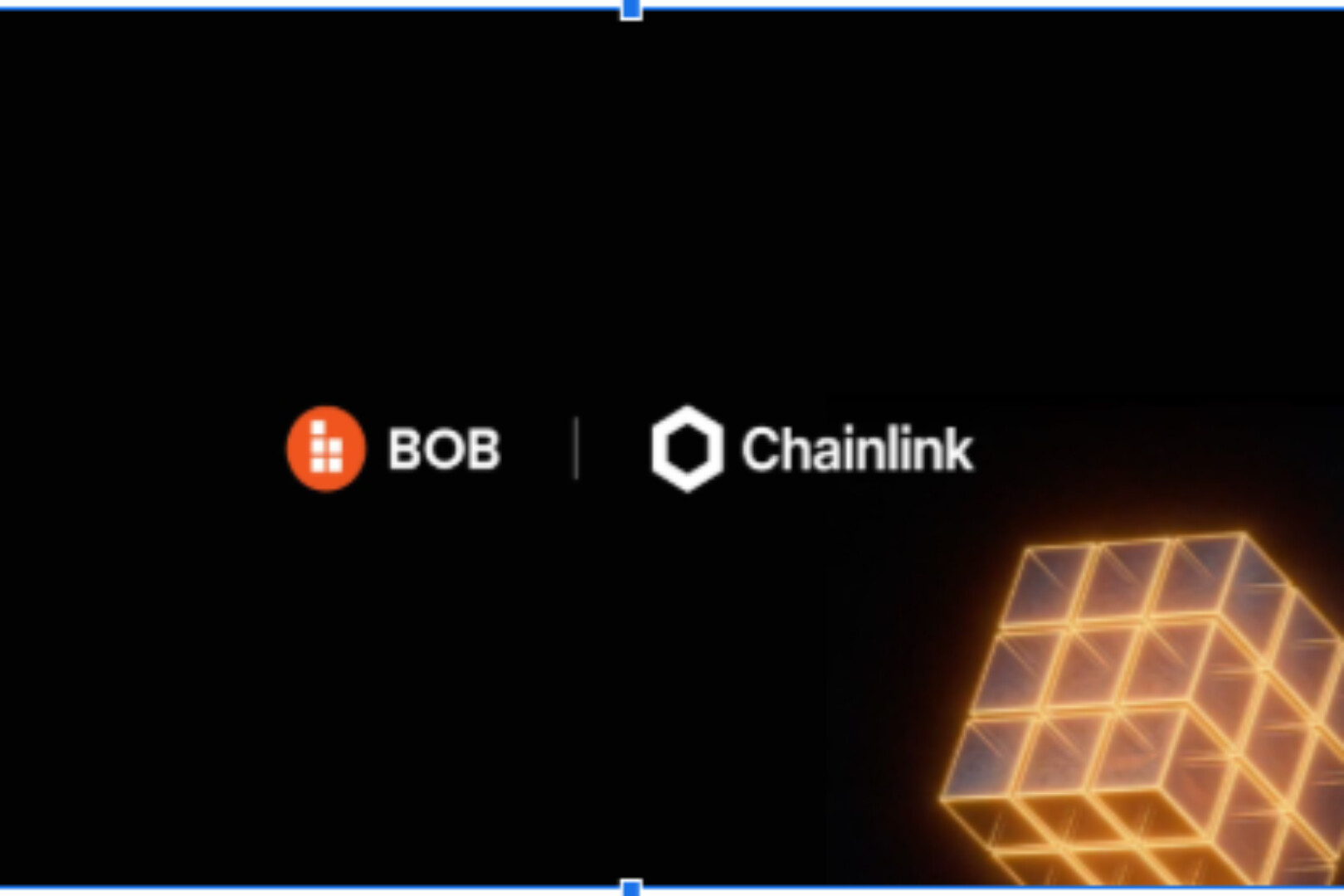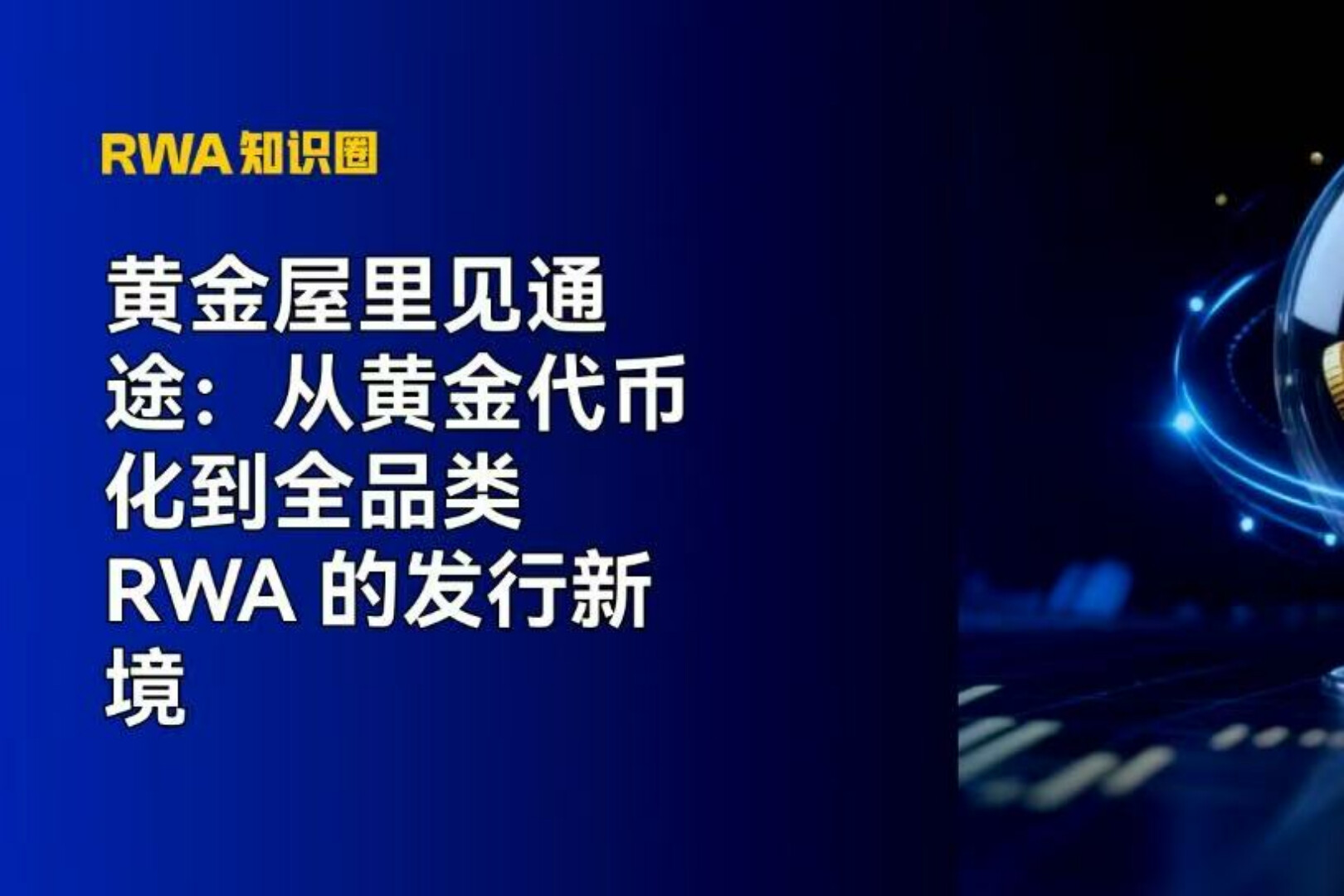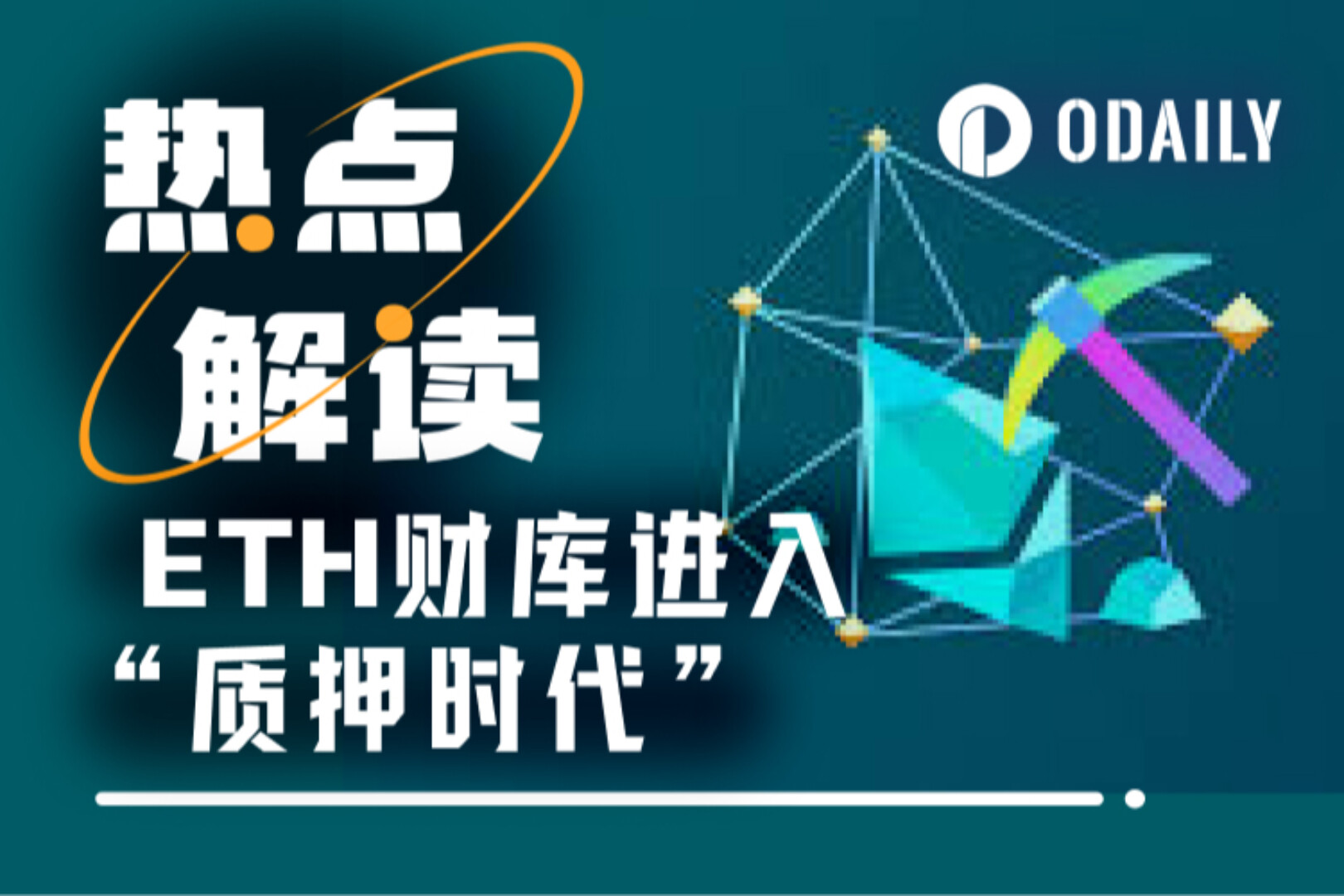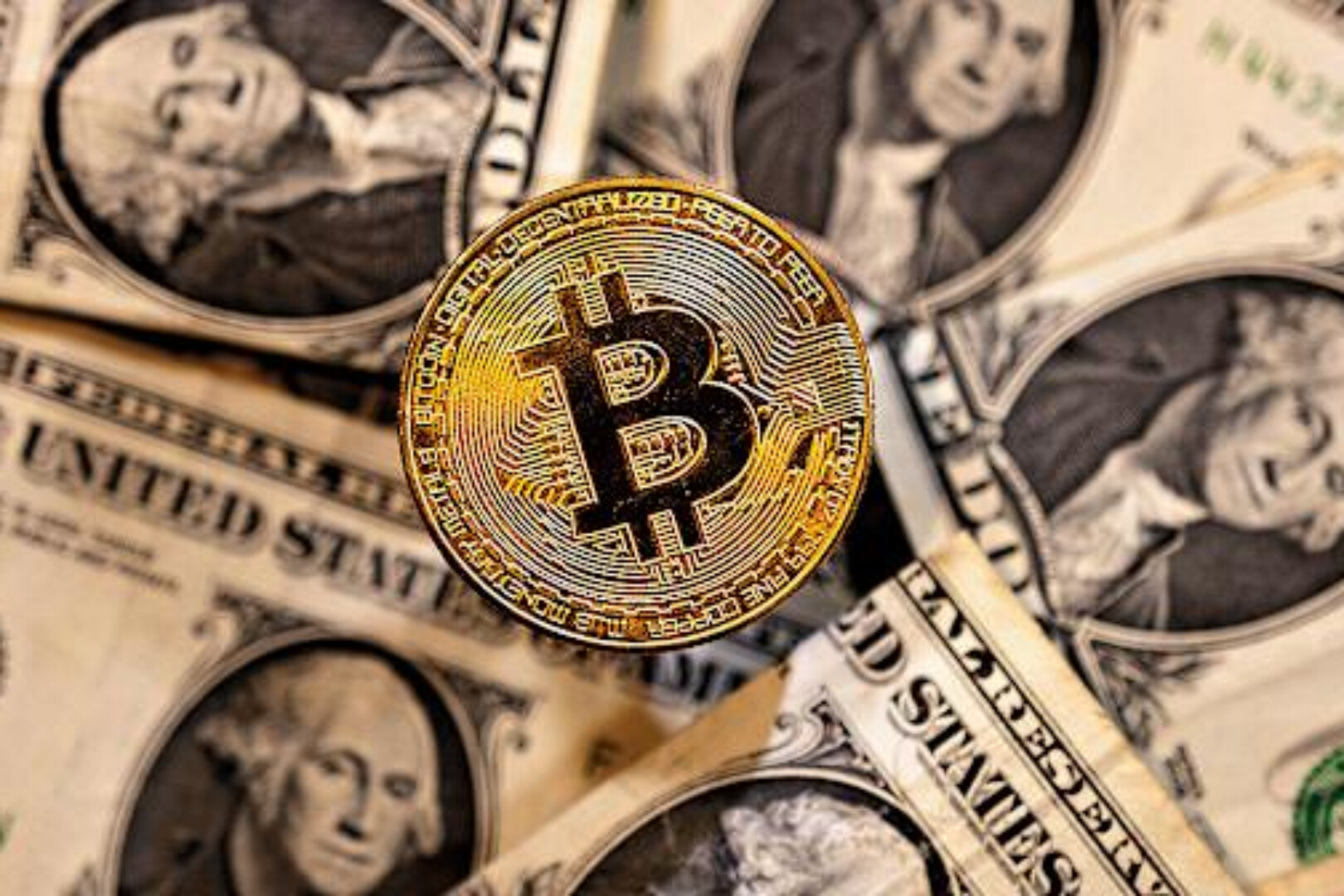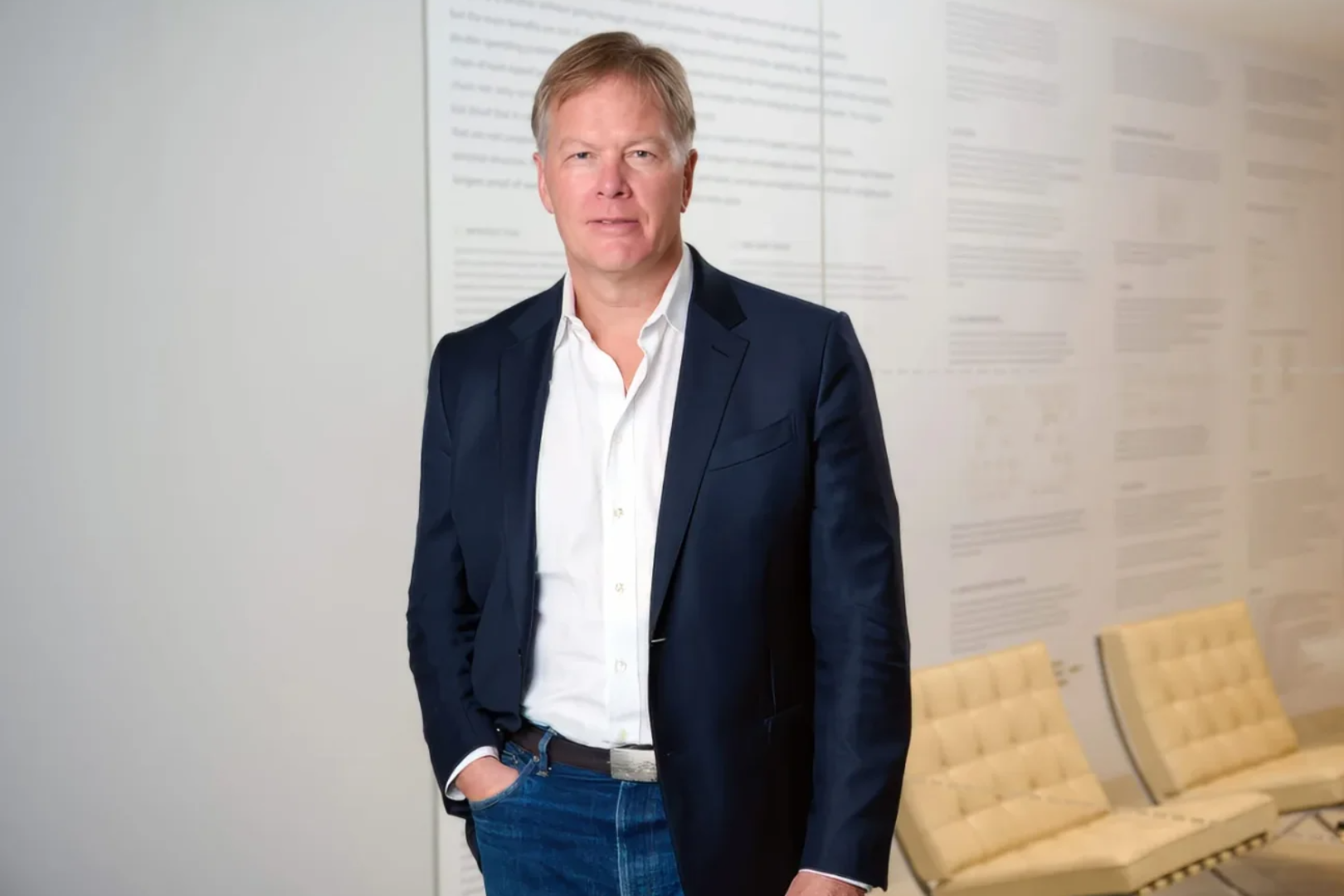
It is often said that the entry of institutional investors and high-net-worth individuals is indispensable for the rapid development of a track and the rapid expansion of the market.
From the most anticipated launch of Bakkt in 2019, it can be seen that people in the encrypted world are looking forward to these financial giants with large amounts of funds to participate in cryptocurrency. As encrypted financial service providers, they are the closest group of high-net-worth users. They understand the needs and preferences of institutional investors best. How do they interpret the encrypted world in the eyes of professional investors? What are the obstacles that prevent institutional users from entering the market with large amounts of funds?
On January 9, at the 2020 "FAT" Summit Forum and Awards Ceremony hosted by Odaily, Wang Li, co-founder of PayPal Finance, Chen Yong, founder of BitUniverse, Tao Quming, founder and CEO of Axonomy, Li Yao, senior vice president of Cobo, and RenrenBit jointly Founder Wang Wei and Hao Fangzhou, deputy editor-in-chief of Odaily, had a conversation about "tomorrow's asset upgrade".
first level title
secondary title
Hao Fangzhou:
Hao Fangzhou:Chen Yong:
Chen Yong:It just so happens that because I have worked in the Internet for a long time, I used to be in Jinshan, and later I was in Cheetah, and many of my friends ended up going to Xiaomi and Tencent. At least they are considered high-net-worth users. I think there are two types of high-net-worth user groups today:
The first category is to use Bitcoin as an asset allocation. For them, when they do asset allocation, one is to have a safe purchase channel to meet the OTC demand for OTC transactions, and the other is the safe storage and financial management needs of Bitcoin after the transaction.
The second category is the domestic high-net-worth user group, and most of them will adopt the general method of buying mining machines (allocating assets).
How do they see the industry? Frankly speaking, all rational people still take a long-term view of this industry.
For Bitcoin, they are unanimously bullish. A wave of ideas is more advanced and high-net-worth user groups regard Bitcoin as a second currency that can be hedged against all central bank sovereign currencies, so some people have some Bitcoins very early.
In addition, the ICO wave has driven the entire cryptocurrency industry, especially the rise of Ethereum, making more people understand Bitcoin more deeply. With the rise of rounds of new cryptocurrencies, Bitcoin has become more and more accepted and recognized by high-net-worth user groups.
Tao Quming:The current financial system has been gradually established over the past few hundred years. It has only been ten years since Bitcoin started, and the entire encrypted digital industry or digital assets have reached a scale of about 200 billion US dollars from 0 to today, which has actually developed very fast.
When it comes to choosing major customers, I think that whether it is digital finance or traditional finance, the nature of business has not changed. What the blockchain changes is not the nature of business. The most important thing in the financial industry is risk control. On the one hand, practitioners in the blockchain industry want to create real value for users. On the other hand, while creating real value for users, they must also face many technical and business risks in new technologies like blockchain. Facts about risks in all aspects.
For all teams, everyone is still trying, exploring, and constantly innovating, and understand from customers where this market can really bring real value to users.
Of course, the relative rationality of large customers will be higher.
Li Yao:The market situation we have seen is that China's large miners, asset management teams and traditional big players who entered the market early hold at least 80% of digital assets. Although the number of retail investors is large, their assets are actually very small.
Let me extend the topic of how high-net-worth users view Bitcoin. How do traditional financial institutions view this industry?
Because Cobo is a custodian and has contact with a large number of traditional finance, so far there are four challenges that make traditional financial institutions dare not enter rashly:
The first challenge is the license. At present, there is no custody license in China. Cobo has obtained a Hong Kong license, and Singapore has opened an exchange license, but in the strict sense it is not a pure digital asset custody license, but an extension of the traditional license; A certain continent has just opened the application for a digital currency custody license, which will be a positive.
The second is insurance. In traditional industries, especially large custodians, insurance companies can be found to provide insurance services for financial institutions. Therefore, once traditional financial institutions enter the field of digital assets, they will also ask us whether we have insurance, but it is very challenging to answer such questions, because the particularity of digital assets is difficult to track and the lack of effective information.
The third is auditing. So far we have seen that PwC and KPMG can audit digital assets, but this industry is very, very complicated. For example, the snapshot data size of an exchange for one day may have tens of gigabytes of storage space, which will greatly increase the workload and difficulty of auditing companies.
The fourth is how to allow legal currency to enter in compliance. If the problems just mentioned, such as insurance, licenses, auditing, and legal currency compliance, can be solved, it will be very attractive for traditional financial institutions to enter this industry. of.
High-net-worth users entering this industry must see whether traditional financial institutions can come in. Only when traditional financial institutions come in can they be attracted. Their money is usually invested by traditional financial institutions.
secondary title
Hao Fangzhou:
Hao Fangzhou:Wang Li:
Wang Li:text
From a purely financial perspective, the basic business in finance is deposit, loan and foreign exchange. The core of the deposit and loan business is leverage, and the deposit and loan business is not suitable for decentralization. If the credit intermediary is removed, there will be no leverage, and only credit can leverage.
Of course, some scenarios do not require leverage or credit, such as foreign exchange business, such as decentralized exchanges, such as bill settlement in payment and traditional finance, decentralized custody, etc. are very good direction.
In the current DeFi field, only MakerDAO has made it, and others are basically imitating it, so everyone is doing deposit and loan business. But I think it's a bit limited. Most of them are just adding leverage to Maker's leverage. The higher the leverage, the easier it is to plummet.
Chen Yong:
Chen Yong:Today, more and more decentralized finance has evolved from DeFi. Its technical design is already more complicated than the previous simple currency design, and it has not been tested for a long time. The perfection and richness of the technology itself has yet to be tested, and it takes a longer time to look at decentralized finance. It is meaningless to simply talk about centralization and decentralization, because their starting points are different.
Tao Quming:It has been less than two years since the word DeFi came out. I personally think that Bitcoin is the first DeFi product. From scratch, the Internet has developed to a certain stage. From the processing of information to the emergence of Bitcoin, the Internet can handle Store of value and transfer of value.
DeFi and CeFi are not antagonistic, but constantly expand the boundaries of business innovation and create more possibilities. Just like today, when we talk about countries starting to consider stablecoins, everyone will find that whether it is the government or Internet companies like Facebook, they have also seen real disruption and huge efficiency improvements. So, everyone will also learn from it, and then do different scenes in different scenes. Therefore, whether it is CeFi or DeFi, it is ultimately necessary to return to the essence of business and finance - the improvement of efficiency and the creation of real value.
Through the development of the past year or so, we have seen that some things have become regular, and we can initially see some phased conclusions. Maybe DeFi things are more suitable to become digital finance in the future, so I prefer to call DeFi open finance. Through the Internet, new types of financial services can be launched efficiently and at low cost.
I personally think that DeFi may be more suitable as the infrastructure of open finance in the future, just like the chassis, engine, and tires of a car. It is directly oriented to retail users and mass users. Now is not the time.
Just now the host was asking if there is a chance to see the integration with the real economy in 2020. I personally think that we may not see it this year.
The reason is simple. The only thing that the blockchain can guarantee is that the assets on the chain and the data on the chain are so-called immutable. If physical assets or credit and data in any actual business are put on the chain today, the foundation is changed to the chain now, and there are still many infrastructure problems to be solved, which cannot be done yet. These things are still relatively far away from us.
We are more optimistic about the combination of Bitcoin and DeFi. At present, the market capacity of the entire DeFi is probably no more than a few billion dollars. If Bitcoin can be added, I believe that the current DeFi will be expanded by at least a hundred times.
Wang Wei:What we actually do is finance, managing money for the rich and financing for the poor.
When we look at this matter, we first look at the user's application of the product, including the current centralization. Many users say that they don't understand the product, which is too complicated. After all, it is more complicated than Alipay. There is no way around it. If you do DeFi things again, users will not understand it even more. This is a product application.
The second is whether the product can meet more needs, which is the problem of Bitcoin that this buddy mentioned just now. Now it is only Ethereum, so how do you put Bitcoin in it? It takes time, but the customer's needs are there. It depends on how you can quickly satisfy him and let him enjoy the financial services of blockchain encryption currency. This is the first priority.
Secondly, where are DeFi and CeFi going? What kind of thing do you solve? I feel that DeFi must be the ultimate form in the future, and the most important issue is to solve the problem of trust. The DeFi code is directly on the chain. Anyone who understands the code can check his execution results and check his execution code without anyone's endorsement.
But the question of product applicability just mentioned and whether it can meet the needs of users may take a long time to solve, maybe two to three years, or even three to four years.
Li Yao:We found that the value of the entire DeFi market in the first half of 2019 was only 270 million US dollars, and it should be about 890 million US dollars by now. The nearly three-fold increase shows that the market is in a very stable upward stage.
In other words, opportunities must exist, otherwise there would not be so many entrepreneurs coming in.
Let me focus on the challenges. The guest just mentioned that the first operation threshold is too high, and it is difficult for us ordinary people to enter, so we can see that there are currently less than 20,000 DIFI users in the world; the second is the contract level. Large-scale DeFi products are all developed based on Ethereum contracts. Are Ethereum smart contracts safe? Probably not. When users put all $1 billion in smart contract-based products, I believe hackers are motivated enough to steal $1 billion at a cost of $100 million.
If DeFi wants to be better implemented in the future, one is to improve its ease of use, and the other is to improve its security.
Hao Fangzhou:
Hao Fangzhou:secondary title
Hao Fangzhou:
Hao Fangzhou:Wang Li:
Wang Li:In fact, the world will never lack assets, what is lacking is high-quality assets. How do we do it? PayPal only accepts Bitcoin as collateral before September or October, and Ethereum does not accept it. This is a very simple logic: From a business point of view, start with the best assets. If the best assets have a bottleneck, then go to the next level of assets.
The lack of assets is a problem that all practitioners in this industry will encounter. This behavior is in a very early stage. Some high-quality assets that everyone can now agree on may have different standards for everyone.
Bitcoin is considered a full consensus in this industry. Many people in this industry do not recognize Ethereum. This is the first layer of assets, and there are many other assets above. For example, Bitcoin over-collateralized claims, this asset is a very advantageous asset. In addition, top exchanges are also very good assets, and exchanges are a segmented industry with a very strong Matthew effect.
In general, the industry is too small, but it is expanding rapidly, and more and more excellent people are needed to come in and bring the mature business model, financial model, and human nature of the traditional world to digital currency and blockchain. In the industry, naturally many high-quality assets came out.
Chen Yong:
Chen Yong:I think there are very few high-quality assets in the current industry. If I were to look for assets today, I would look at them from three angles: the first is to single out Bitcoin, which is the best high-quality asset. Anyone who can make Bitcoin more and more can participate.
The second is some products with a clear business model. At present, it seems like an exchange or a wallet that provides lending services. The Token they issue.
The third is products with traffic and specific user usage scenarios.
Li Yao:Look at the development of the industry in the past ten years. In the past few years, it was mainly retail investors. Gold and assets are everywhere, as long as you persist. Later, in 2017, institutional clients came in.
Let’s predict how the entire industry will develop in 2020. Upstream mining machine manufacturers and mining pools, we say that before the halving of Bitcoin, the additional issuance will be 3% per year, and 1.5% after the halving, so it is difficult for the mining industry to become a mainstream high-quality track. The future mining industry and mining machine manufacturers will have a gradual trend in the industry status, because its assets are limited.
Which assets will be improved? It should be brokers and exchanges, because transactions are long-term. This is similar to the fact that China has the Shanghai Stock Exchange and Shenzhen Stock Exchange, and the United States has the New York Stock Exchange and Nasdaq; and their liquidity is mainly provided by brokerage firms. At the same time, the right to speak for future brokerages will increase. You must know that the traffic of brokerages on digital currency exchanges is almost over 70%. Therefore, as long as some assets are derived around the trading side in the future, they will definitely become the main track and field for future entrepreneurs. Excellent asset.
secondary title
Hao Fangzhou:
Hao Fangzhou:Wang Li:
Wang Li:Chen Yong:
Chen Yong:When everyone is making an investment, he must realize which aspects he knows more than others.
Tao Quming:For ordinary investors, the current stage is simply Bitcoin. If you still want to outperform the market on top of Bitcoin, it is a reliable Bitcoin-based currency-based financial product.
Wang Wei:In 2020, we must see the reality clearly. The overall market is not particularly good, including the real economy is not very good. Improve your awareness, because your awareness exceeds most people and you may make money.
Li Yao:For retail investors, it is a fixed investment in Bitcoin.
